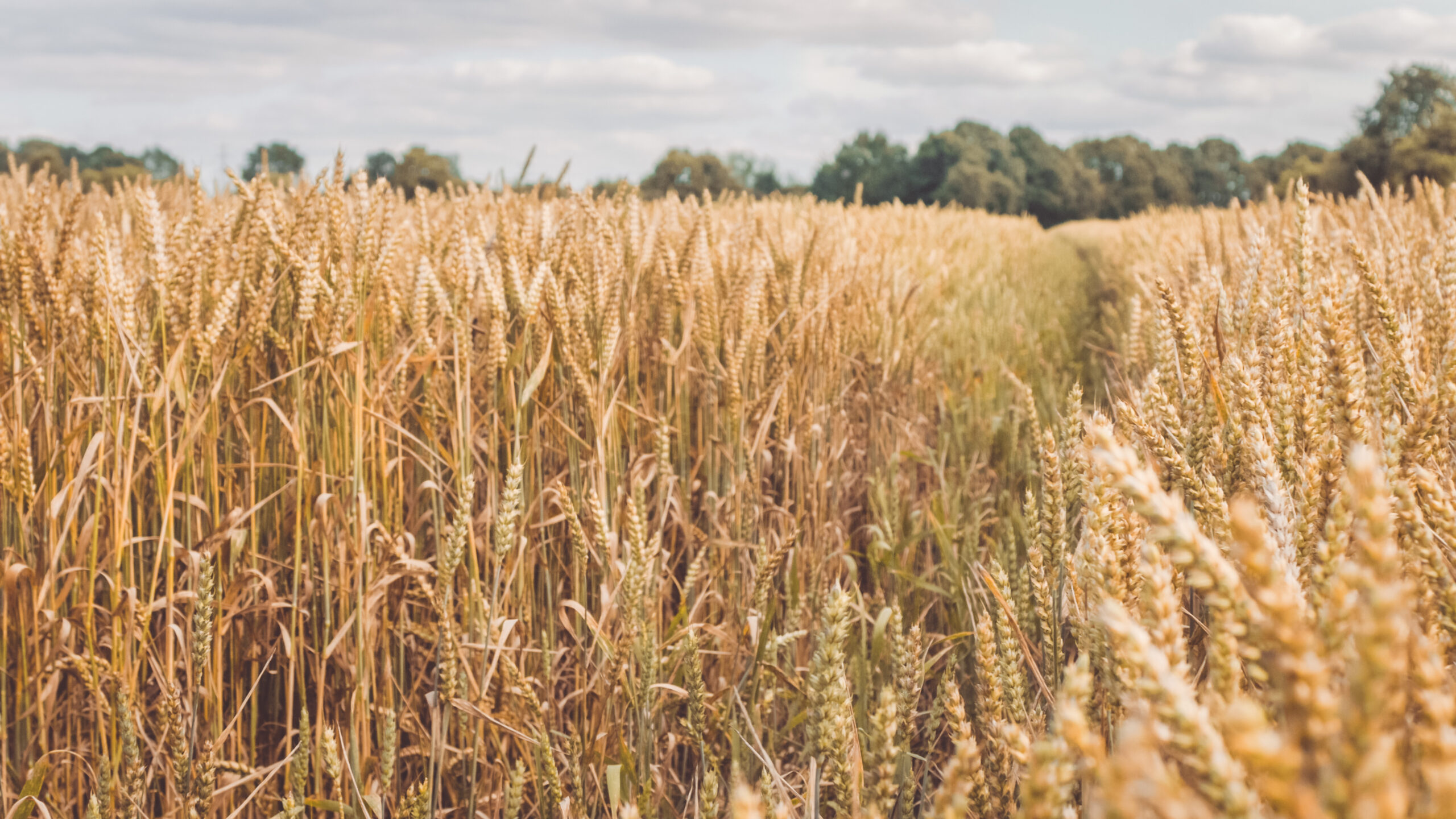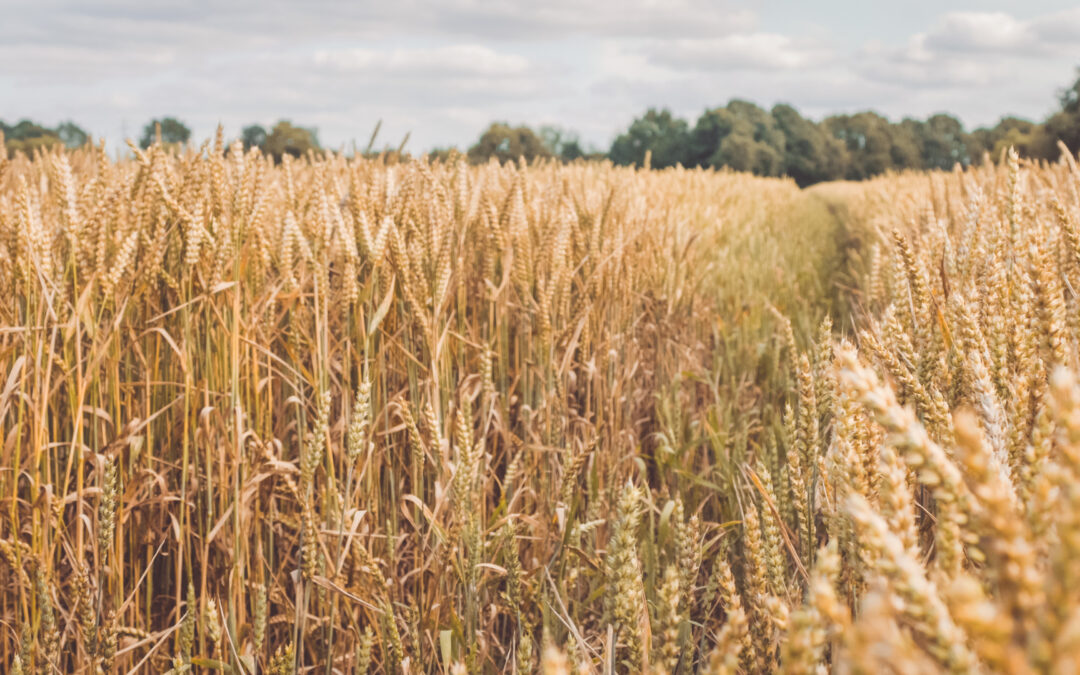Welcome to the world of organic gardening! Whether you’re a seasoned gardener or just starting out, there are many benefits to choosing an organic approach. In this guide, we will cover everything you need to know to get started with your own organic garden.
Organic gardening is a method of growing plants without using synthetic fertilizers and pesticides. Instead, it relies on natural methods such as composting, crop rotation, and companion planting to keep plants healthy and thriving. By choosing organic gardening, you can enjoy fresh produce that is free from chemicals while also promoting sustainability and environmental responsibility.
Benefits of Going Organic:
1. Healthier Plants – Organically grown plants are healthier because they receive all the nutrients they need from natural sources like compost and mulch. This results in stronger root systems, better growth rates, and fewer diseases.
2. Better Taste – Many people believe that organically grown fruits and vegetables taste better than conventionally grown ones. The reason for this could be due to the fact that organic produce doesn’t contain any artificial flavors or preservatives.
3. Improved Soil Quality – Organic gardening focuses on improving soil quality by adding organic matter like compost and manure. Over time, this can create rich, nutritious soil that provides plants with everything they need to grow.
4. Reduced Environmental Impact – Organic gardening practices have less impact on the environment compared to conventional farming techniques. It reduces water pollution, air pollution, and soil degradation.
Choosing the Right Plants and Seeds:
When selecting plants and seeds for your organic garden, choose varieties that are well-suited to your climate and growing conditions. You may want to consider heirloom varieties which are open-pollinated and have been passed down through generations. These types of seeds are often more resilient and adaptable to changing weather patterns.
Preparing Your Soil for Planting:
The key to successful organic gardening starts with healthy soil. To prepare your soil for planting, remove any existing weeds or debris and then add a layer of compost or other organic matter. You should also mix in some sand or perlite to improve drainage if necessary.
Watering and Fertilizing Your Garden:
Inorganic gardening, fertilizers and pesticides are used to promote growth and prevent pests. However, in organic gardening, we use natural methods such as compost tea, liquid seaweed, and fish emulsion to feed our plants. When it comes to watering, make sure to do so only when needed and avoid overwatering. A good rule of thumb is to water deeply once per week instead of lightly every day.
Pest Control in an Organic Garden:
One of the challenges of organic gardening is dealing with pests. Rather than reaching for a bottle of insecticide, try using natural remedies such as neem oil, garlic spray, or diatomaceous earth. Another effective method is to attract beneficial predators like ladybugs and lacewings into your garden.
Harvesting Your Crops:
Once your crops are ready to harvest, make sure to pick them at their peak ripeness. For most fruits and veggies, this means waiting until they are fully mature but not yet overripe. If you notice any signs of disease or damage, it’s best to discard those items rather than risk contaminating the rest of your harvest.

Maintaining Your Garden Throughout the Year:
Even after the harvest is complete, there’s still work to be done in maintaining your organic garden. Consider planting cover crops like clover or rye to help improve soil health and reduce erosion. You should also continue to add organic matter like leaves and grass clippings to your compost pile throughout the year.
Conclusion:
Organic gardening can be a rewarding experience both for yourself and the planet. With these tips and tricks, you’ll be well on your way to creating a beautiful and bountiful organic garden. Happy planting!



